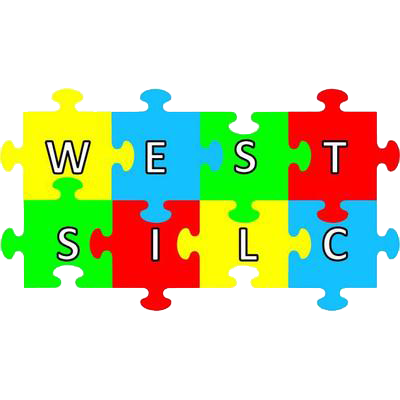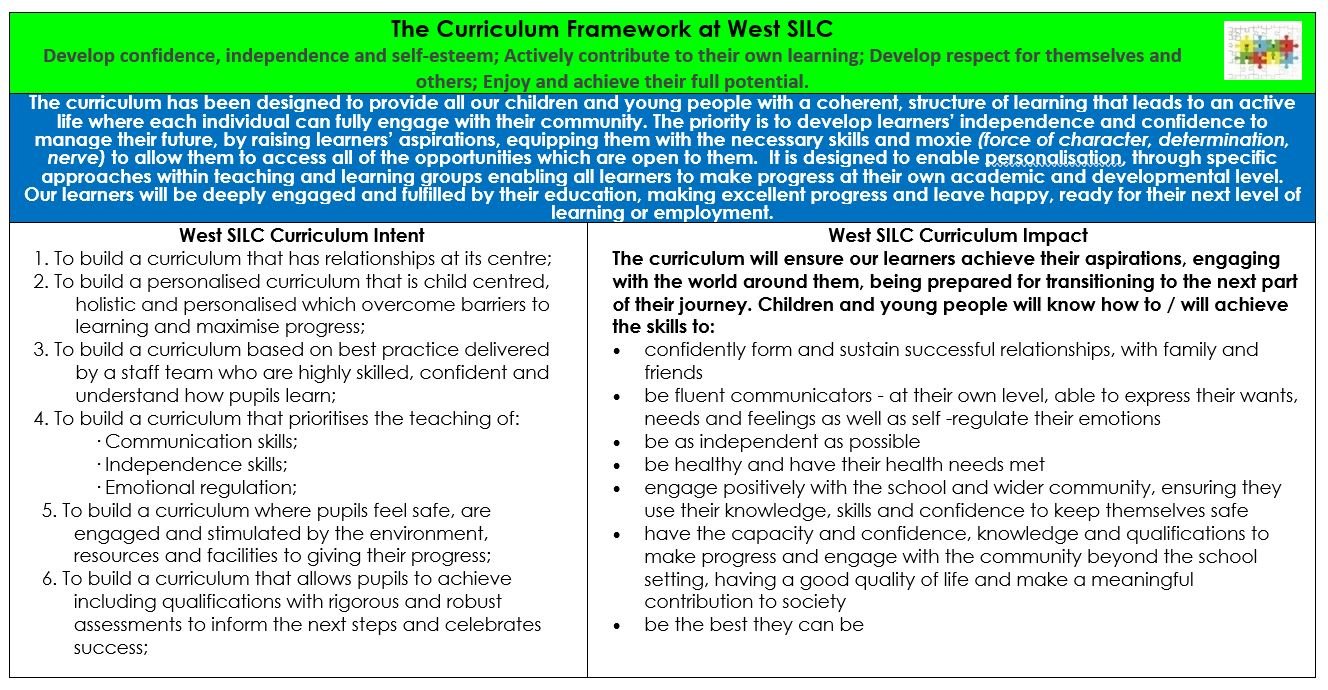
HOW IS phyical education / development DELIVERED ACROSS OUR PATHWAYS?
informal curriculum - CMLN
A high proportion of learning time is allocated to meeting the physical needs of students following a three-pronged approach, supporting the postural management needs of the pupils, developing functional mobility and providing physical development activities.
Postural management is essential to the health and well-being of students. All students have regular changes of position using a variety of equipment, this is supplemented by rebound and hydrotherapy therapy delivered by school staff.
We are a Regional Centre of Excellence for the MOVE programme which is a framework and assessment system for developing functional sitting, standing and walking skills with the aim of making students as independent as possible. Physical development activities include the Motor Activity Training programme, swimming, dance, yoga and outdoor play.
Informal Curriculum - CCA
A high proportion of learning time is allocated to meeting the physical needs of students following a three-pronged approach, supporting the postural management needs of the pupils, developing functional mobility and providing physical development activities. Physical development activities include the Motor Activity Training programme used during PE lessons, swimming, dance, yoga, outdoor play and sensory therapy. CCA have support from an occupational therapist from Juniper Tree Therapy who works with class teachers and learning support assistants to provide physical opportunities throughout the school day to allow pupils to develop functional skills by meeting their sensory needs. They work with individual students, as well as supporting whole class groups. Student goals may be on functional activities of daily living (such as tolerating brushing their teeth), supporting emotional regulation, tolerating sensory input (such as noise), organising their body, socialising and playing with peers, or fine or gross motor skills. They use a combination of different approaches depending on the specific needs of the students, including Sensory Integration. Students also have access to a specialist Sensory Integration Suite. All Occupational Therapy input is designed, delivered, and reviewed as part of an integrated and holistic approach with Teachers and Teaching Assistants. Staff follow OT programmes to develop pupil’s sensory processing needs to support regulation. If pupil’s sensory needs are met, they are more willing to engage in adult led learning and develop key skills. All pupils have weekly access to our hydro pool and rebound therapy room to develop key physical skills such as balance and coordination. These activities also run alongside OT programmes to support sensory regulation. Staff are trained to deliver programmes that support pupils to develop their physical abilities whilst also developing the fundamentals of communication.
Semi-Formal Curriculum
Developing physical control covers the development of controlled and confident movement and the ability to communicate about movement.
Regular PE lessons, play, leisure and fitness activities cover participation in age appropriate activities which develop fitness and physical control This may include: Running, Throwing, Hand dominance, Swimming, Dance, Jumping, Catching, Fine motor control, Yoga, Balancing, Gross motor control, Sensory circuits/ sensory integration. We have adopted the Real PE scheme in January 22 and are spending some time trialling different elements to then fully implement form September 2022.
The physical development and activity levels of our learners is a key concern, especially in relation to their health, social, emotional and mental wellbeing.
Some pupils will participate in sessions in the hydro pool and some will access weekly swimming sessions at Pudsey Leisure Centre.
Playing games and joining in sporting activities helps to develop pupils’ ability to be a member of a team and gives opportunities to lead a team. Also developing social skills, including the ability to learn how to lose appropriately.
Formal Curriculum - Priesthorpe
Students attend PE lessons twice per fortnight as part of their mainstream timetable. These lessons are delivered by PE specialists and supported by West SILC staff. Pupils have the opportunity to access a range of equipment and partake in a range of sports including football, rugby, athletics, gymnastics and dance. There is a fitness suite within school which is used for lessons but is also open after school for students to access. At KS4, students have the option to undertake an Entry Level Qualification in Sports Studies dependent upon the uptake of the year group. Students also learn about physical development and the importance of healthy lifestyles in their Life Skills lesson as part of their ASDAN qualification. This involves topics on the importance of exercise and a balanced diet.
formal curriculum - post 16
Many of our learners seek to manage some of the most common mental health problems such as phobic anxiety, depression and resilience. We have developed our curriculum offer to ensure the right conditions and support systems are in place to help address the learners’ individual issues and needs.
The Royal College of Psychiatrists provides clear guidance on the benefits of physical exercise and the effect it has on chemical compounds such as serotonin and dopamine.
A recent systematic review found that physical activity improves behaviour, cognitive function and increases attentiveness with some studies also demonstrating benefits in specific subjects such as mathematics and English (Reeves et al., 2016). Physical activity was found to have a positive impact on behaviour and cognition for pupils involved in a moderate-high intensity physical activity program.
Pupils are expected to take part in a large proportion of physical activity, this includes swimming, a weekly circuit training, cardiovascular exercise in a local gym. This also involves learning more about the body, what and why we exercise and the effect nutrition and hydration has on our bodies. They are encouraged to take part in a range of physical exercises as well as balancing this with a healthy lifestyle.
Formal Curriculum - AIP
At the West AIP, students attend one core PE lesson each week. The lessons are delivered by a PE specialist and support staff. Lessons are taught in short units of work using high interest activities. Some of the sports offered are OAA and teambuilding, football, rugby, basketball, health related fitness, boxing pad-work, table tennis, badminton, soft tennis, emerging sports, striking and fielding. Students also have the chance to attend sport based reward trips. Sport is a key part of the West AIP extra-curricular offer and different activities are offered at every break. Students also have the opportunity to represent the West AIP in fixtures against other AP settings.








